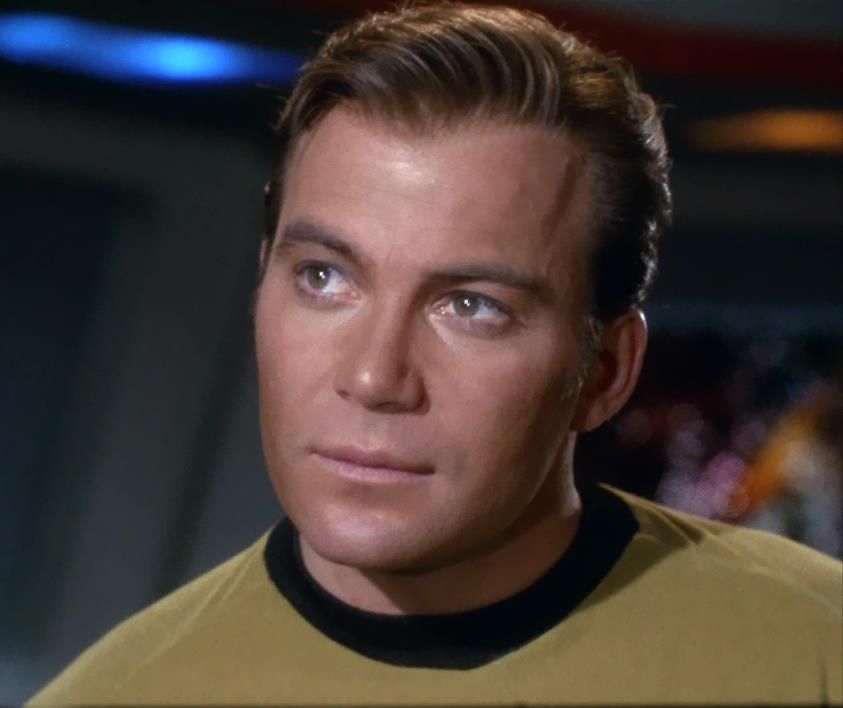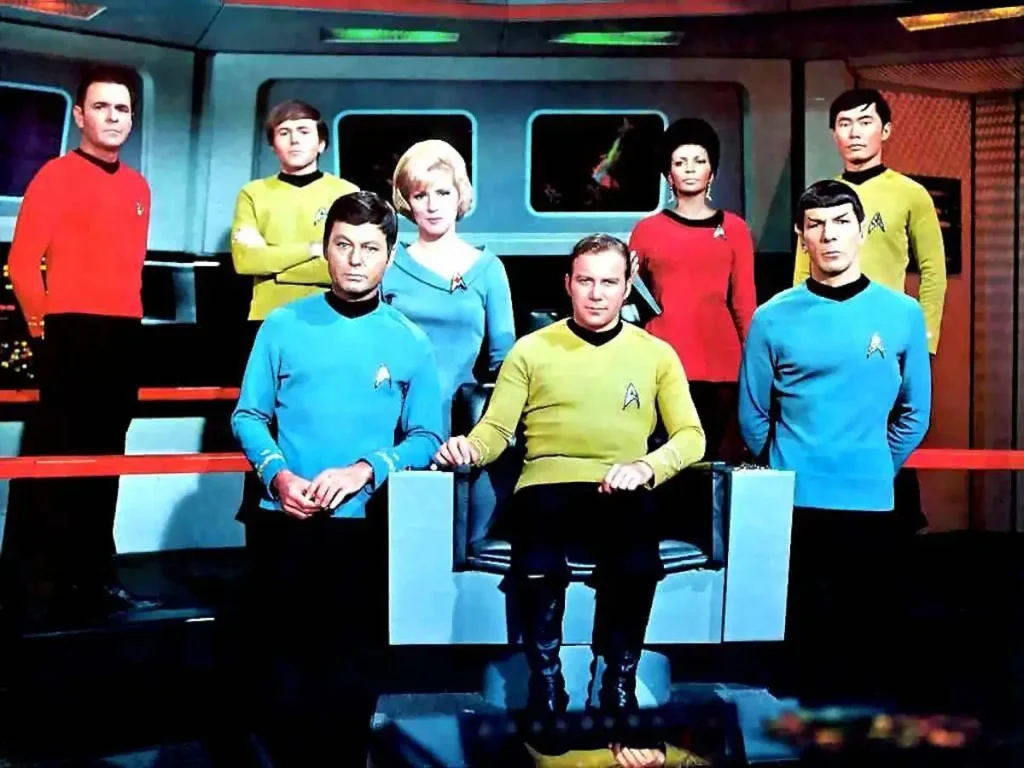Star Trek, an iconic American science fiction franchise, has captivated audiences for decades with its visionary storytelling and optimistic view of humanity’s future. Created by television screenwriter and producer Gene Roddenberry, the franchise first beamed onto screens in 1966, forever changing the landscape of science fiction and popular culture.
The Birth of a Legend
Gene Roddenberry, drawing from his experiences during World War II and his progressive outlook on society, envisioned Star Trek as “Wagon Train to the Stars.” His goal was to craft a show that blended thrilling space adventures with profound explorations of moral and societal issues. This unique approach allowed Star Trek to tackle complex themes such as race, war, and ethics through the lens of a futuristic setting.

The Original Series: Where It All Began
Star Trek: The Original Series debuted on NBC in 1966, introducing viewers to the iconic characters of Captain James T. Kirk, Mr. Spock, and the crew of the USS Enterprise. Despite its initial run lasting only three seasons, the show’s innovative concepts and diverse cast laid the foundation for a franchise that would span generations.
Expanding the Final Frontier
The success of the original series paved the way for numerous spin-offs, each adding new dimensions to the Star Trek universe:
- Star Trek: The Next Generation (1987-1994)
- Star Trek: Deep Space Nine (1993-1999)
- Star Trek: Voyager (1995-2001)
- Star Trek: Enterprise (2001-2005)
- Star Trek: Discovery (2017-present)
- Star Trek: Picard (2020-present)

These series, along with multiple feature films, have continued to explore the vast Star Trek universe, introducing new characters, technologies, and philosophical quandaries.
Cultural Impact and Legacy
Star Trek’s influence extends far beyond the realm of entertainment. The franchise’s optimistic portrayal of a united future has inspired generations of viewers, scientists, and innovators. Its vision of advanced technology has even influenced real-world inventions, from mobile phones to tablet computers.
The show’s commitment to diversity and inclusion was groundbreaking for its time, featuring one of television’s first multiracial casts and tackling social issues that were often considered taboo in mainstream media.
A Continuing Mission
Today, Star Trek remains a vibrant and evolving franchise. New series and films continue to be produced, attracting both longtime fans and newcomers to its expansive universe. Annual events like Star Trek Day celebrate the franchise’s enduring legacy, bringing together fans from around the world to commemorate its impact on science fiction and popular culture.
From its humble beginnings as a network television show to its current status as a global phenomenon, Star Trek has truly gone where no franchise has gone before. Its message of hope, unity, and endless possibilities continues to resonate with audiences, ensuring that the voyages of the Starship Enterprise and its successors will continue for years to come.
Whether you’re a seasoned Trekker or a curious newcomer, the Star Trek universe offers a wealth of adventures, thought-provoking stories, and unforgettable characters. As the franchise’s famous motto suggests, it invites us all to “boldly go where no one has gone before.”
Leave a Reply